The Oxford Wildlife Trade Research Group
Welcome to the Oxford Wildlife Trade Research Group
The Oxford Wildlife Trade Research Group is based at Oxford Brookes University’s Department of Social Sciences and aims at quantifying all aspects of the trade in wild animals through multidisciplinary teamwork including anthropology, social sciences, natural resource management, biodiversity conservation, environmental economics, and legislation. There is a strong focus on wildlife trade in tropical countries –as this is where most of the world biodiversity resides and where the impacts of wildlife trade are arguably the greatest. However, recognizing that wildlife trade is a truly global enterprise we do focus on the role of consumer countries as well, wherever these are situated.
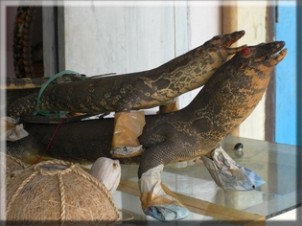
Water monitor lizards Varanus salvator, for sale in Pangandaran, Java, Indonesia (2012)
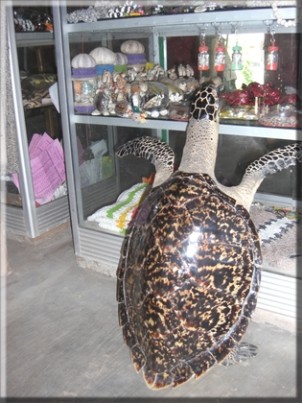
The international nature of wildlife trade allows us to quantify wildlife trade issues in all corners of the world; at present, however, we have a strong emphasis on Asia and South America. We study the trade networks, the people (consumers, producers, distributors) and the wildlife involved, but also the rules and laws that aim at regulating international wildlife trade. The members of the OWTRG have thus far focused on taxa as diverse as poison arrow frogs, freshwater turtles and tortoises, snakes and lizards, birds of prey, parrots, bears, wild cats, elephants, and primates. It includes the trade in live animals (e.g. for the pet markets or biomedical industries), dead animals (to be used for food, medicine or ornaments), animal parts (bones, ivory), and derivatives (tiger bone medicine, bear bile).
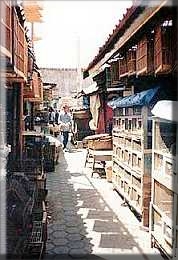
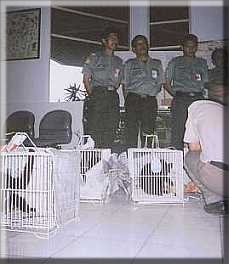
Stuffed hawksbill turtle from sale in Pangandaran, Java, Indonesia (2012)
Birdmarket in Pekanbaru, Sumatra, Indonesia (2009)
Confiscation of 4 siamangs at Soekarno Hatta Airport, Jakarta, Indonesia (2003)
The OWTRG aims at developing a widespread network of collaborative links with anthropologists, biologists, forestry and customs officials, experts on law and international wildlife / biodiversity conservation treaties, museums and zoos. It furthermore will provide a port of call for the media to obtain information on wildlife trade issues. The aim is to facilitate research, to disseminate results of ongoing research, to liaise with NGOs and governments, to initiate collaborative projects, and to increase the quality of research and monitoring, with the ultimate aim of improving the regulation of wildlife trade to sustainable levels.
We wish to retain a strong link with the MSc in Primate Conservation and the BSc and BA in Anthropology–with at present having >25 students focusing their final project on wildlife trade in the last 11 years- as well as with current and future PhD students both from Oxford and elsewhere.
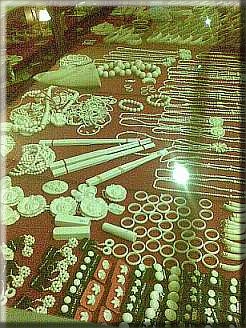
Ivory for sale in the lobby of a hotel in Vientiene, Laos (2011)